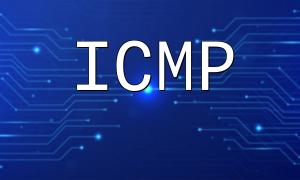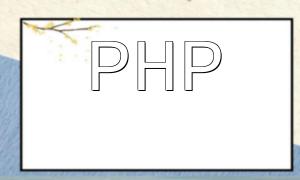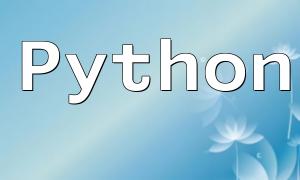PHP is a widely used scripting language for web development, known for its flexibility and ease of learning. However, in large projects, writing efficient and maintainable code becomes an important challenge. To enhance code quality, standardized PHP writing is crucial. This article will introduce several common PHP coding standards that help developers achieve efficient and clear code styles.
Naming is a critical part of the code. Good naming conventions can significantly improve the readability and maintainability of the code. Here are some common naming standards:
class MyClass {
public function myMethod($myVariable) {
const MY_CONSTANT = 10;
// code here
}
}
Proper indentation and spacing greatly enhance code readability. It is recommended to use 4 spaces for indentation and add a space after operators and commas.
function myFunction($param1, $param2) {
$result = 0;
foreach ($param1 as $item) {
if ($item > $param2) {
$result += $item;
}
}
return $result;
}
Code comments are essential for understanding the purpose and functionality of the code. Comments should be clear, concise, and synchronized with the code.
// This is a single-line comment
/*
This is a multi-line comment
*/
function myFunction($param1, $param2) {
// code here
}
Exception handling is a critical part of improving code robustness and maintainability. It is recommended to use try-catch blocks to catch exceptions and use custom exception classes to provide detailed error information.
class MyException extends Exception {
public function __construct($message, $code, Exception $previous = null) {
parent::__construct($message, $code, $previous);
// code here
}
}
try {
// code here
} catch (MyException $e) {
// handle exception
} catch (Exception $e) {
// handle other exceptions
}
Code reusability is an effective method for improving development efficiency and code quality. By creating reusable functions, classes, or libraries, you can reduce redundant code and improve maintainability.
function calculateDiscount($price, $discountRate) {
// code here
return $discountedPrice;
}
$price1 = 1000;
$discountRate = 0.1;
$discountedPrice1 = calculateDiscount($price1, $discountRate);
$price2 = 2000;
$discountRate = 0.2;
$discountedPrice2 = calculateDiscount($price2, $discountRate);
By following standardized PHP writing methods, you can significantly improve code readability, maintainability, and development efficiency. In actual development, teams should create coding standards that fit their specific project needs and adhere to them strictly. This will not only enhance individual development efficiency but also strengthen team collaboration capabilities.









